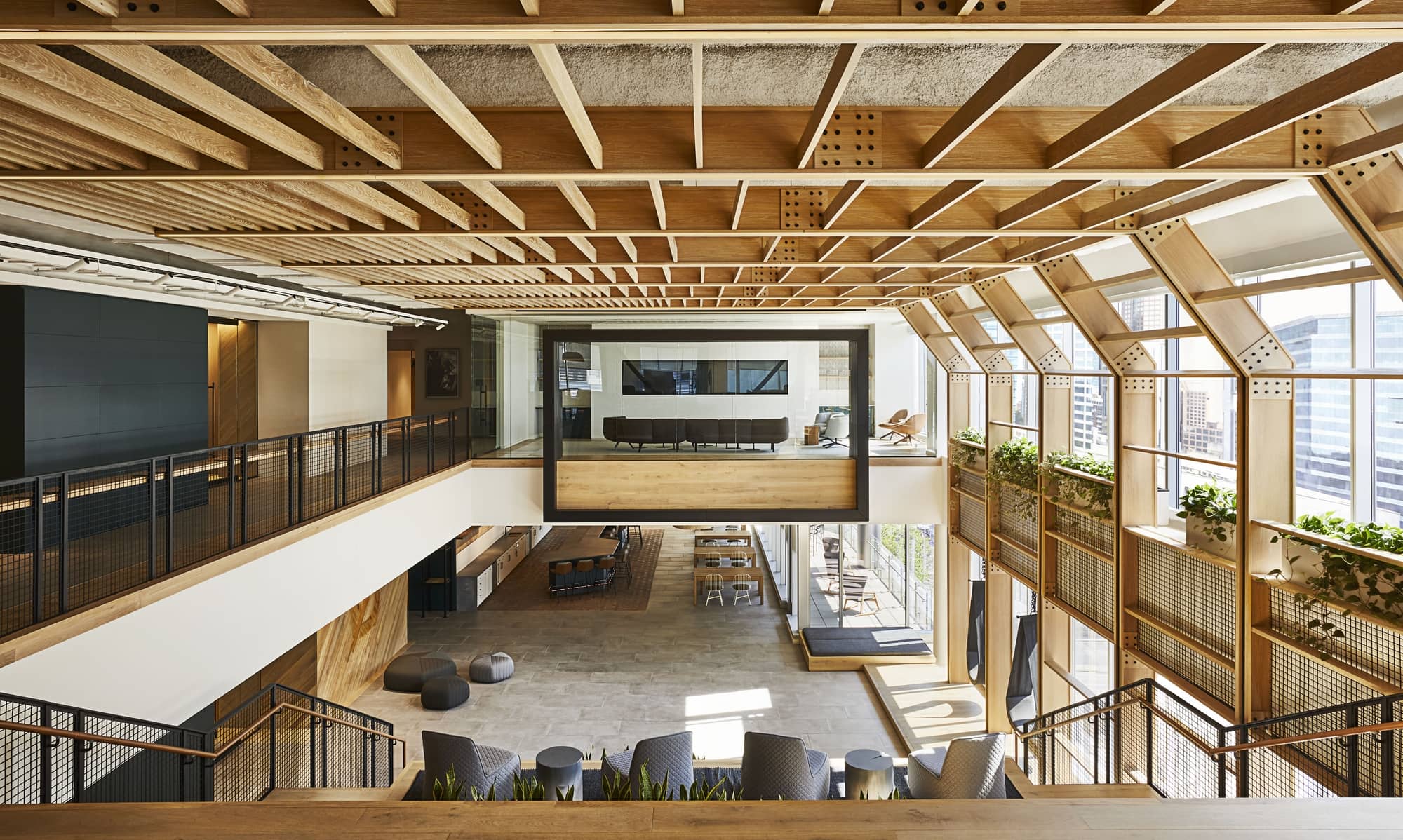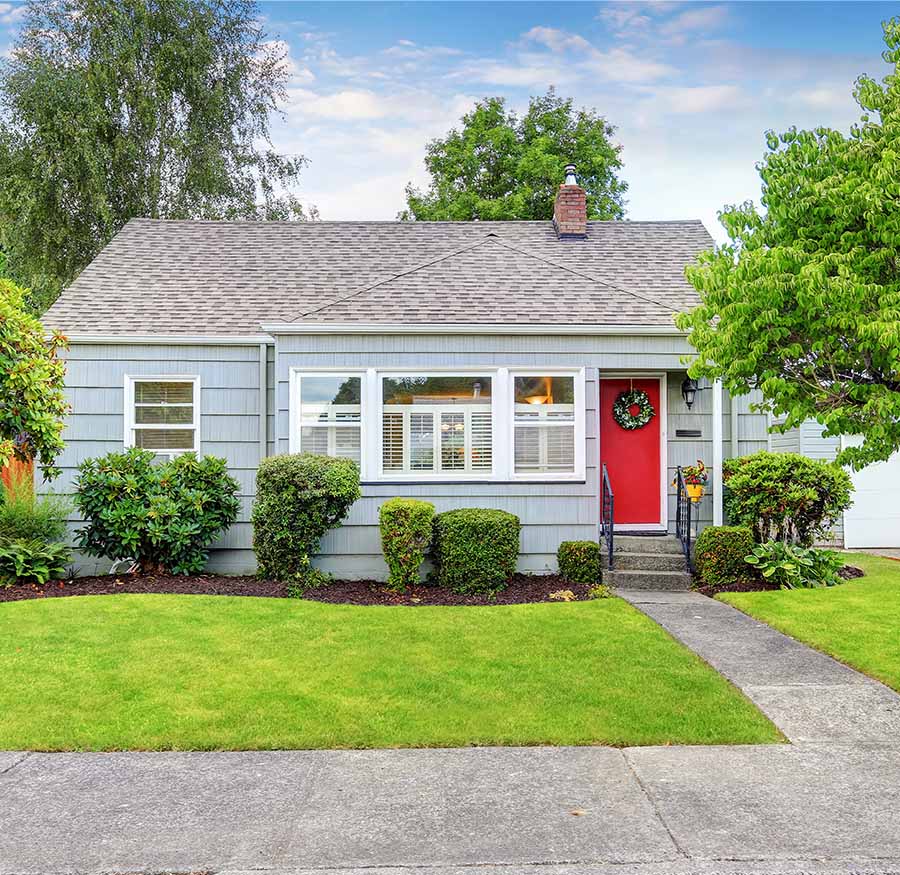Best Commercial Investment Property Loans 2025 Top Financing Options for Real Estate Investors
Commercial investment property loans are specialized financing products designed for businesses or individuals looking to purchase, refinance, or renovate commercial properties for investment purposes. Unlike residential loans, these loans focus on the property’s income potential rather than the borrower’s personal financial profile.
Commercial investment loans are commonly used for office buildings, retail spaces, multi-family units, warehouses, or mixed-use developments. The interest rates, terms, and eligibility depend on the property type, borrower’s creditworthiness, and projected rental income.
The demand for these loans has increased as investors seek to diversify portfolios and generate stable income from real estate. In 2025, flexible lending solutions and digital loan platforms will have made it easier for investors to secure funding quickly and efficiently.
Benefits of Using Commercial Investment Property Loans

Investing through a commercial loan provides financial leverage and scalability. Instead of tying up personal capital, investors can acquire high-value properties and use rental income to service the debt.
Enhanced Cash Flow Potential
These loans allow investors to spread their investments across multiple properties, generating more consistent cash flow. The rental income from tenants often covers loan repayments while producing long-term profit.
Tax Advantages
Commercial property loans often come with tax deductions on interest payments, depreciation, and property maintenance costs, reducing overall taxable income.
Long-Term Equity Growth
As properties appreciate, investors build equity, strengthening their financial position and allowing refinancing for future investments.
Flexible Loan Structures
Modern lenders offer customized terms such as interest-only periods, variable or fixed rates, and repayment flexibility to suit different business strategies.
Top 5 Commercial Investment Property Loan Products in 2025
Below are five real-world examples of leading loan products designed for commercial real estate investors. Each offers unique advantages, digital integration, and tailored financing features.
1. LendingTree Commercial Real Estate Loan

LendingTree provides a digital platform where investors can compare multiple commercial loan offers in minutes. It connects borrowers with banks and private lenders offering loans up to $50 million for office buildings, multi-family units, and retail properties.
LendingTree’s streamlined technology allows applicants to submit one application and receive multiple offers. This saves time, enhances transparency, and helps investors secure competitive rates.
Use Case: Ideal for investors seeking flexibility and speed when comparing multiple lenders.
Where to Buy: You can start your application directly on LendingTree’s website.
[Apply Now]
2. Chase Commercial Real Estate Loan
Chase Bank remains a top choice for corporate and individual investors looking to finance income-producing properties. It offers fixed and adjustable-rate loans with terms up to 25 years and competitive down payment options.
Their digital tools make managing loans simple, with features like payment scheduling and portfolio tracking integrated into their business banking app.
Use Case: Best for established businesses that want traditional lending with a reliable banking partner.
Where to Buy: Visit Chase’s official website to speak with a commercial loan specialist.
[Apply Now]
3. Fundrise Real Estate Investment Loan

Fundrise specializes in real estate investment technology, offering crowdfunding-based commercial loans. Investors can finance or co-own portions of income-producing buildings through a digital platform.
Fundrise uses advanced AI to analyze property performance and investment potential. This innovative model lowers entry barriers and allows investors to participate with smaller capital.
Use Case: Ideal for new investors interested in tech-driven, low-barrier commercial investment opportunities.
Where to Buy: Access Fundrise’s platform and browse available loan-backed projects.
[Invest Now]
4. Wells Fargo Commercial Real Estate Loan
Wells Fargo offers commercial property loans for purchase, refinancing, and construction. It provides fixed and variable interest options, large credit lines, and commercial mortgage-backed securities (CMBS) for large-scale investments.
The bank also integrates sustainability assessments for green building financing, appealing to modern investors focusing on eco-friendly developments.
Use Case: Best for large businesses and developers seeking long-term, sustainable investment projects.
Where to Buy: Apply online or through Wells Fargo’s commercial real estate department.
[Apply Now]
5. Lendio Commercial Loan Marketplace

Lendio aggregates multiple lenders, helping investors find customized loans for office buildings, mixed-use spaces, or multi-family complexes. The platform uses data analytics to match investors with suitable lenders based on credit and investment goals.
Its user-friendly interface and rapid pre-approval process make it ideal for small to mid-sized real estate investors.
Use Case: Perfect for those seeking fast loan approval and multiple funding options in one place.
Where to Buy: Start your loan comparison on Lendio’s platform.
[Apply Now]
Benefits of Technology in Commercial Investment Property Loans
Technology has revolutionized how commercial property loans are processed and approved. Digital lending platforms, AI-based risk assessment tools, and blockchain-backed transactions provide transparency and speed.
Faster Approvals and Lower Costs
Automated systems evaluate financial documents and property data instantly, reducing manual review time and administrative fees. Investors benefit from same-day pre-approvals and quick funding cycles.
Data-Driven Investment Insights
Modern platforms analyze property trends, rental yields, and market forecasts, helping borrowers make informed decisions before applying for a loan.
Secure Transactions
Blockchain technology ensures secure documentation and transparent loan agreements, minimizing fraud and legal disputes. Use Cases: Why Investors Need Commercial Investment Property Loans
Scaling Real Estate Portfolios
These loans enable investors to acquire additional properties without using personal funds, allowing for expansion into new markets or property types.
Refinancing for Better Rates
Investors can refinance existing loans when market rates drop, reducing monthly payments and improving profitability.
Renovation and Development
Commercial property loans can fund renovations or construction, increasing a property’s value and future rental potential.
Solving Liquidity Problems
For business owners with property assets, these loans can unlock equity for working capital, payroll, or expansion.
How to Apply for a Commercial Investment Property Loan
Applying for a loan involves a few structured steps:
-
Evaluate the Property: Assess the location, rental yield, and long-term growth potential.
-
Prepare Financial Documents: Include income statements, property valuation reports, and business financials.
-
Compare Lenders: Use online platforms like Lendio or LendingTree to compare offers.
-
Apply Online: Submit the application, property details, and financials for pre-approval.
-
Finalize the Deal: Once approved, complete due diligence, sign agreements, and transfer funds.
These loans are widely available on major platforms such as Chase, Wells Fargo, Lendio, and Fundrise.
FAQs
Q1. What is the minimum down payment for a commercial investment property loan?
Typically, lenders require between 20% to 30% of the property’s value as a down payment, depending on credit and property type.
Q2. How long does it take to get approved?
Digital lenders may offer pre-approval within 24–48 hours, while traditional banks can take 1–3 weeks for final approval.
Q3. Can individuals apply for these loans or only businesses?
Both individuals and business entities can apply, but lenders may favor applicants with established income streams or LLC structures for risk mitigation.





